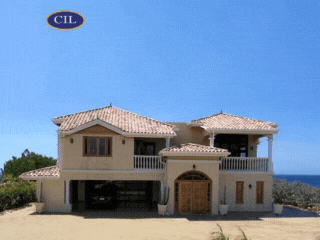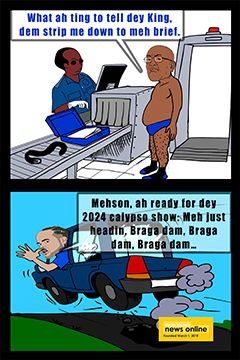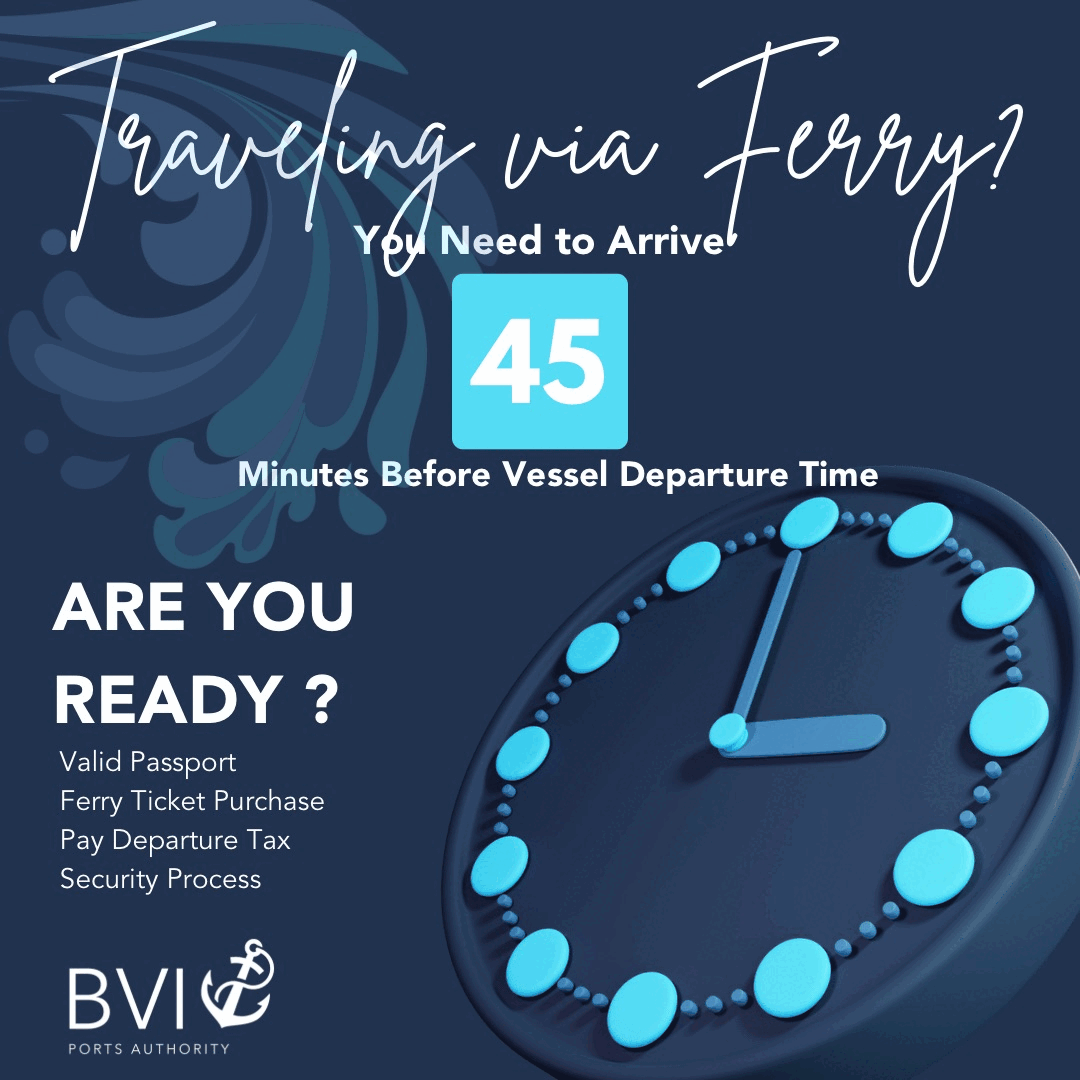The Caribbean’s Economic Dilemma part A
Most Caribbean countries, including the Virgin Islands, possess three economic idiosyncrasies- that lock West Indian jurisdictions into perpetual developing status, and the threat of systemic poverty.
These are three economic weaknesses—hurdles that must be surmounted before true social and economic resilience, and prosperity, can be achieved.
Then, there is furthermore, the added matter of the culture of the region.
The unique culture of West Indians cannot be ignored. The Caribbean possesses a unique matrix of traditions and customs that are part of its tragic history, and a past rooted in the Trans Atlantic Slave Trade.
Is there a value and culture component to slow economic growth in the region?
West Indians are naturally laid back and musical. The culture is religious and family oriented.
Is there something in the cultures of the region that is anathema to a world that is aggressively competitive and super materialistic?
This is a question worth pondering as the region grapples with recession and stagnant economic activity.
Now, the first economic weakness is the fact that Caribbean economies are single product economies mainly, dependent upon one source of income- which is today tourism- for their livelihoods and existence. This is a monoculture economy, a dependency on a single fragile industry and market.
It is unhealthy, creating a complete dependency on foreign organizations and markets for economic survival.
Then, tourism is becoming more competitive worldwide.
Countries everywhere are finding tourism a great source of additional income that increases GDP.
These countries are venturing into a trillion dollar market of travelers and sun seekers.
Most of these new entrants into tourism possess diverse economies.
Tourism is simply another source of national income—an additional source, not the only source as it is with Caribbean countries.
A number of Caribbean countries further depend on offshore financial services.
However, apart from solid investment products such as insurance, credit, bank loans, and investment funds, the panoply of ‘’mysterious’’ financial products remain vulnerable to allegations of money laundering, tax evasion, and tax avoidance, and are increasingly proscribed by regulators and officials in powerful nations, with a disposition towards progressive type politics.
The UK, a bastion for free trading economies—post Margaret Thatcher—may shortly join the lineup of socialist oriented European Economies – if Jeremy Corbyn’s Labour Party is elected in a matter of months.
These countries despise off shore economies.
They view countries such as the Cayman Islands and the Virgin Islands as a major source of economic evil, enabling the wealth inequality driving populist anger on the European street.
Then, and second, Caribbean economies are hugely dependent on Foreign Direct Investment – FDI.
This places these jurisdictions under the diktat of Jack the Wealthy investor who controls global finance, and the institutions that manage global finance, such as the Federal Reserve, the European Central bank, stocks and commodities markets, and global banks.
Jack the Investor guarantees the existence of these super institutions that govern the global economy through their access to his incredible wealth.
Global institutions such as the International Monetary Fund and World Bank are designed to ensure Jack’s bottom line is protected, not any altruistic empathy towards poor Caribbean countries.
So, when indebted countries ‘’flat-line financially,’’ austerity is the single way to squeeze these countries ‘’ back to life’’ for the benefit of Jack’s investment portfolio.
The interest on debt must be paid first and foremost, or these debtor countries will go into financial pariah status, and will be unable to borrow cash cheaply in global financial markets.
The Caribbean economy is controlled by the US and Western European investor.
The tourism infrastructure is driven by corporations sitting in the great global capitals: New York, Toronto, London, Miami, Hong Kong, Berlin, and Paris.
The global hotel chains, tech businesses, and the major stock market listed corporations, all possess powerful footprints in the Caribbean through both direct investment, and the flow of cash into the region from wealthy investors, consumers, and travelers.
To be continued
Connect with Dickson Igwe on Facebook and Twitter










.png)




.png)



.png)






















1 Response to “The Caribbean’s Economic Dilemma part A”